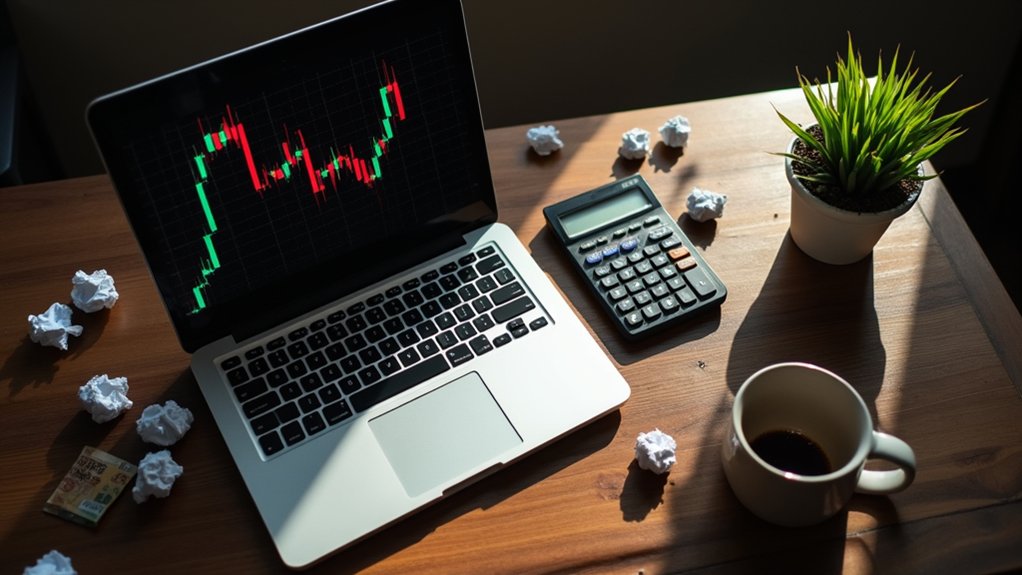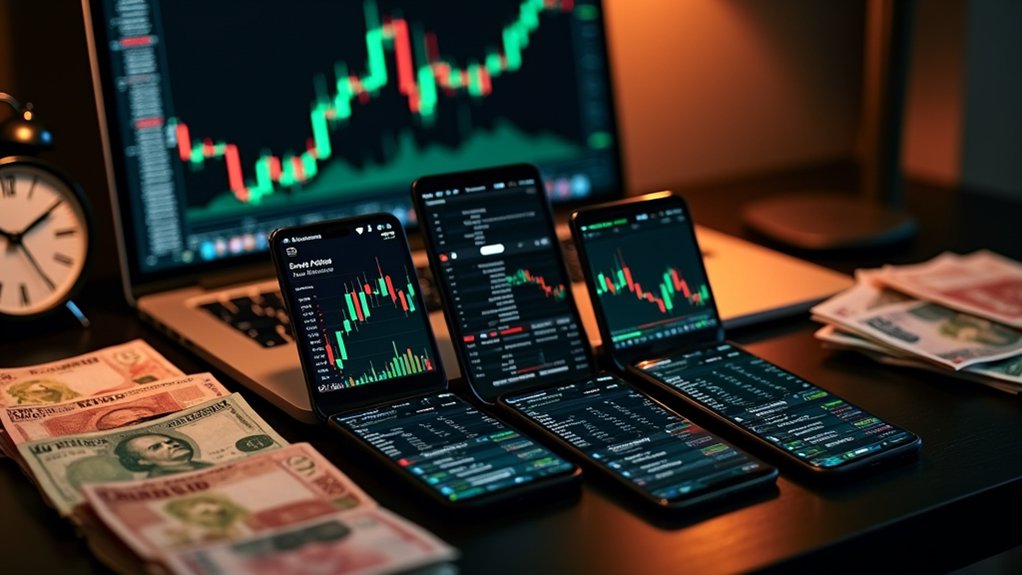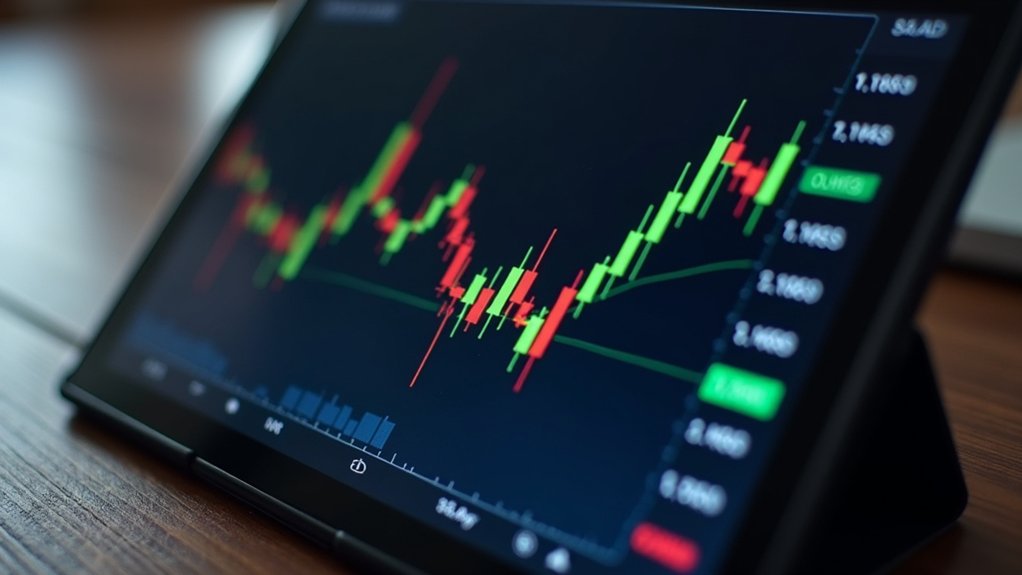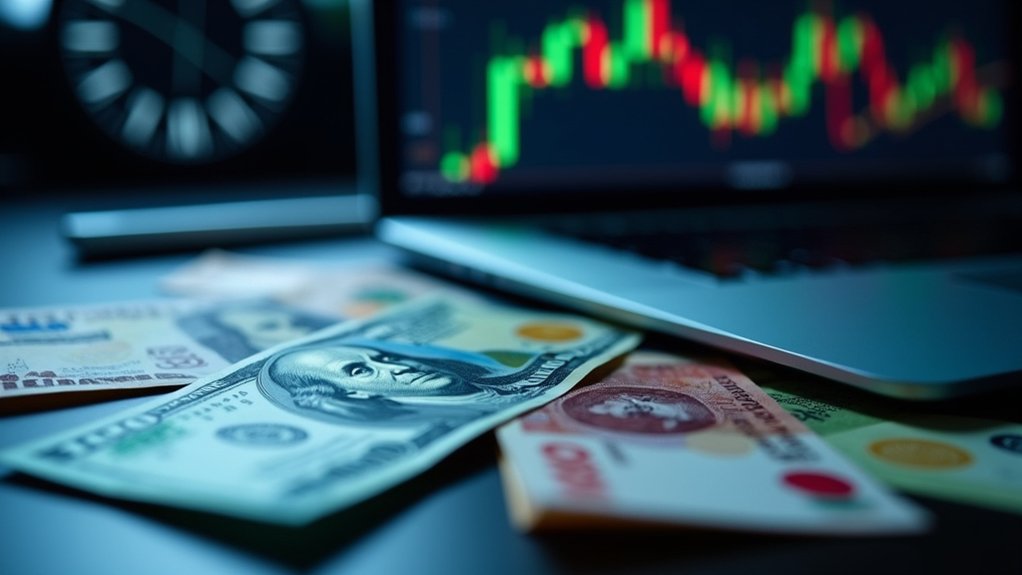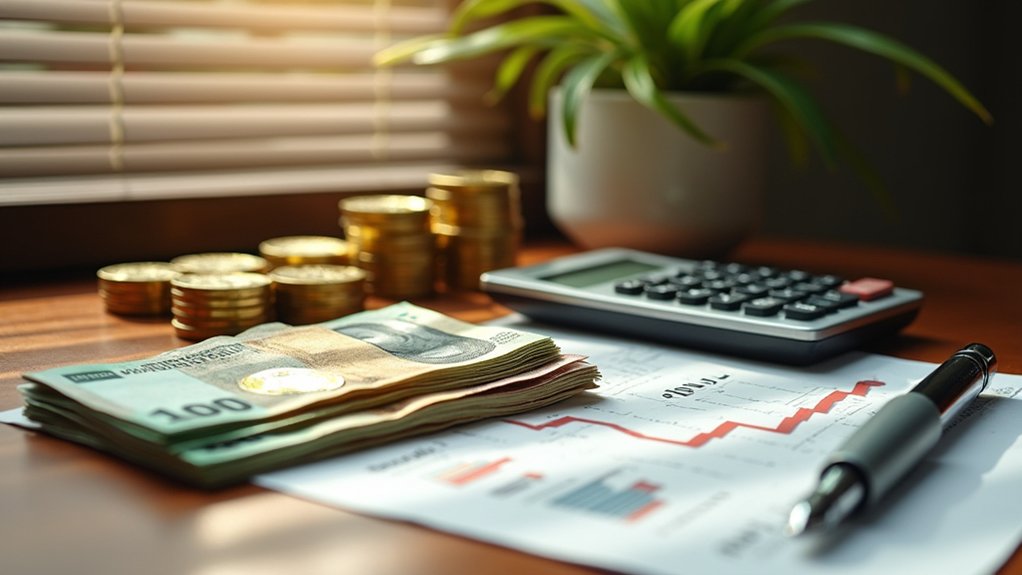Recovering from forex losses starts with a hard stop—no revenge trading, no doubled-down bets to chase what's gone. Traders pull back, sometimes for days or weeks, and run a cold audit of what failed: bad strategy, overleveraging, garbage execution, or just plain emotional wreckage. They backtest, tighten risk limits, ditch scalping if their internet can't keep up, and shift to higher timeframes where latency doesn't murder every trade. The ones who survive treat it like forensics, not feelings—dissecting every busted position until the pattern emerges and the path forward clicks.
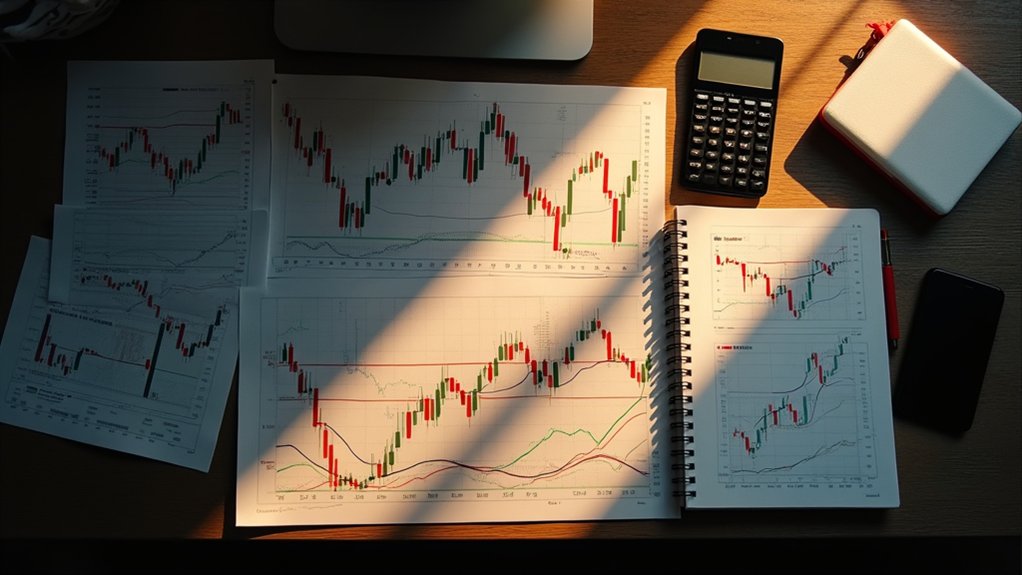
Despite the glossy Instagram feeds and WhatsApp group hype, most Forex traders in Africa lose money. Studies show nearly 70% of retail traders experience significant losses. Whether trading the Naira in Lagos, the Rand in Johannesburg, or the Kenyan Shilling in Nairobi, the pattern repeats. Losses happen. What matters is what traders do next.
Drawdowns come from market volatility, economic surprises, or flawed strategies. The Central Bank of Nigeria changes policy. The South African Reserve Bank shifts rates. Egypt devalues the pound again. Markets move, accounts bleed. Understanding how drawdown measures decline from peak account balance to trough helps traders assess the true damage to their capital. A detailed review of trading activities becomes essential. Check the risk management. Examine the market analysis methods. Most traders skip this part. They just want to jump back in and win it all back.
That urge to revenge trade? That's the killer. Increasing position sizes to recover losses contradicts sound capital management. Traders in Ghana, Kenya, and Nigeria often fall into this trap after a bad week. Cautious position sizing during recovery makes more sense. Smaller trades. Less risk. Dynamic risk models that adapt to volatility help control further drawdowns and prevent cascading losses. Monitoring account equity levels prevents margin calls that could force unwanted position closures during recovery phases.
Backtesting strategies provides empirical validation before risking more capital. Regular performance audits, like professional trading desks use, help detect recurring mistakes. Many African traders use MetaTrader 4 or 5 with expert advisors. Some EAs work in trending markets, others in ranging conditions. Market regime classification improves strategy selection. Different tools for different conditions.
Quality beats quantity. Wait for high-probability setups with favorable risk-to-reward ratios. Stop chasing every pip movement on EUR/USD or GBP/USD just because the broker's Telegram channel sent a signal. Prioritize well-defined setups. Sentiment and news analysis integration anticipates market moves, reducing false signals and bad entries. Setting stop-loss orders at predetermined levels protects capital from unexpected market reversals.
Scalping faces algorithmic competition from institutional players with better infrastructure. Traders in Accra or Dar es Salaam dealing with unreliable internet cannot compete with London servers. Higher success rates appear in four-hour to daily timeframes. Swing trading over three to ten days offers strong risk-adjusted returns. Match the trading style with time availability and analysis capability. Tracking peak-to-trough decline helps evaluate whether recovery strategies actually work or simply mask deeper performance issues.
Establish strict criteria for re-entering the market. Predefined risk limits. Account balance thresholds. Standard operating procedures. A temporary break of days or weeks helps reset emotional state before returning to live trading. Quarterly strategy reviews based on performance data maintain adaptive strength. Separate trading capital from personal finances. Treating drawdowns as learning experiences supports long-term success rather than viewing them as mere failures. Treat this like a business, not a lottery ticket.
Dedicated workspaces and redundant internet connections support reliable execution across African markets where power cuts remain common. Automated backup systems protect trading data. The recovery path demands discipline, not miracles.
Common Questions
Can I Claim Forex Trading Losses on My Tax Return in African Countries?
South Africa lets traders deduct forex losses under SARS rules—if they keep bulletproof records and meet Section 24I requirements.
Other African countries? It's a mixed bag. Mauritius treats most forex losses as non-deductible capital losses. Nigeria separates business losses from capital losses, with the latter usually getting zero love from tax authorities. Documentation is king everywhere: trade logs, dates, amounts, receipts. Miss that paperwork and SARS—or any African revenue service—will reject your claim faster than a bad trade closes.
Do African Forex Brokers Offer Compensation Schemes for Trader Losses?
South Africa and Kenya have compensation schemes for traders—but only if brokers go belly-up or default, not for blown accounts from bad trades.
The FSCA in South Africa and CMA in Kenya mandate these programs for licensed brokers.
Here's the kicker: 90% of African countries lack retail forex regulation, so compensation is mostly fantasy outside those two markets.
Offshore brokers? Zero protection.
Market losses from leverage or dodgy decisions? Not covered, ever.
Trader beware.
Should I Borrow Money to Recover From My Forex Trading Losses Quickly?
Borrowing to chase losses is financial suicide. Nearly 70% of retail traders already lose money—adding loan interest to that mess? Recipe for disaster.
African traders face enough challenges without piling debt on top of bad trades. Emotional desperation kills discipline. The math doesn't work.
Professionals say rebuild slowly, not frantically. Taking a loan won't magically fix what went wrong. It'll likely make everything worse, much worse.
How Do Mobile Money Withdrawal Delays Affect Loss Recovery in Africa?
Mobile money withdrawal delays hit African forex traders hard when they're already down. Can't access funds fast enough to cover margin calls or re-enter positions.
Over 330 million accounts across Sub-Saharan Africa, but agent liquidity shortages and regulatory bottlenecks create frustrating lags. Small traders get hammered worst—thin capital buffers mean delays can turn paper losses into realized ones.
Cross-border transfers? Even worse, averaging 8% fees and taking days. The anxiety alone messes with decision-making when traders need clear heads most.
Are Forex Recovery Services Advertised on African Social Media Platforms Legitimate?
No. They're overwhelmingly scams designed to exploit victims a second time.
In South Africa alone, every finance-related ad on Meta platforms is either confirmed fraudulent (37.5%) or high-risk. These “recovery services” guarantee results they can't deliver, often impersonate regulators like the FSCA, and operate through WhatsApp or Telegram to avoid oversight.
They demand upfront fees, steal more money, then vanish.
Legitimate recovery requires actual lawyers or chargebacks through banks—not some Instagram stranger with a deepfake testimonial.
